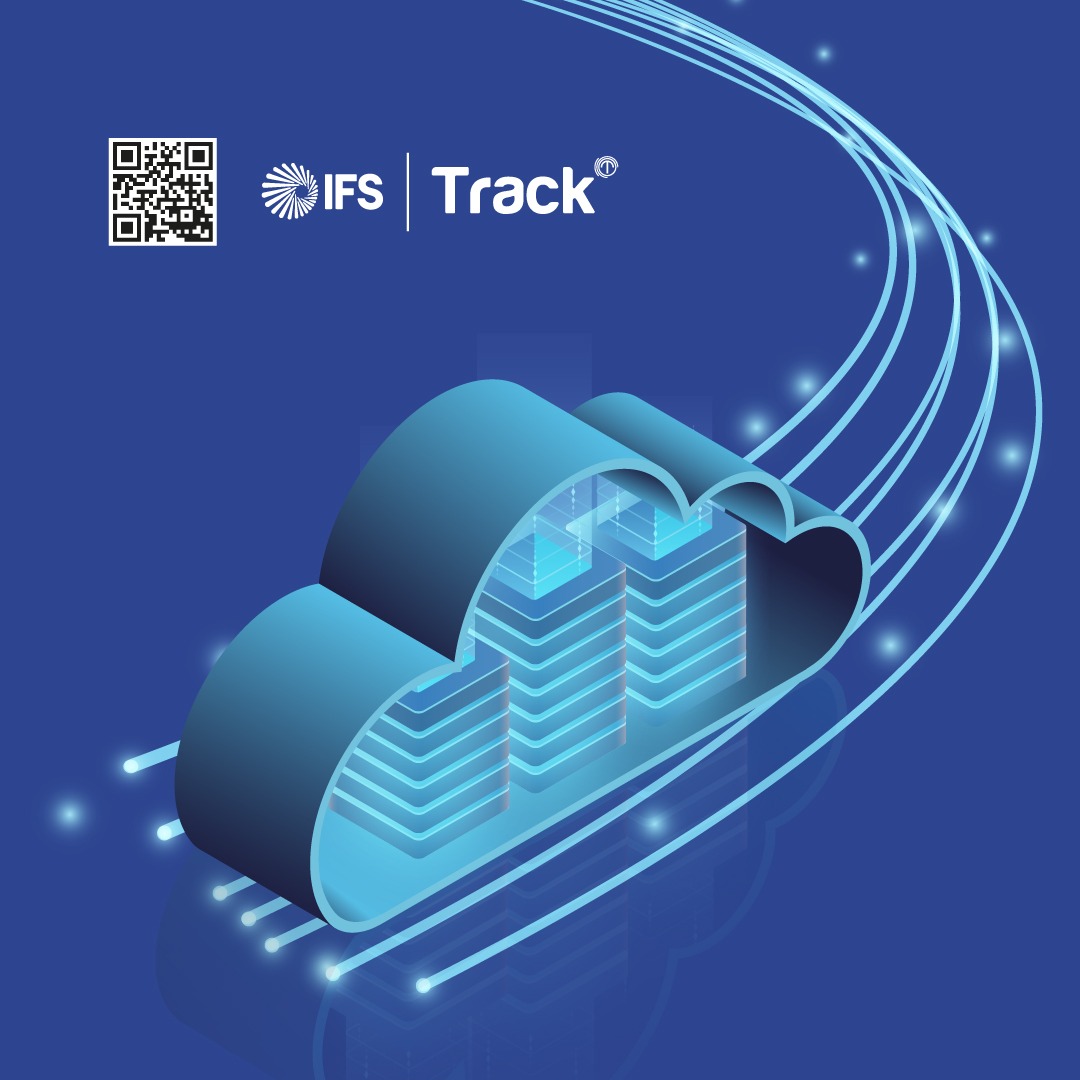- ERP process governance definition
- ERP process governance benefits
- ERP process governance challenges
- ERP process governance best practices
- ERP process governance examples
1. ERP process governance definition
ERP process governance is the framework that defines who does what, how, when, and why in relation to ERP processes. It covers aspects such as process design, documentation, execution, monitoring, improvement, and control. ERP process governance also establishes the authority, accountability, and communication channels for ERP process owners, stakeholders, and users. ERP process governance aims to ensure that ERP processes are aligned with the organization’s vision, mission, values, and objectives, and that they deliver value to the customers and the business.
2. ERP process governance benefits
ERP process governance can bring many advantages to an organization that uses ERP systems, such as improved performance, reliability, and security. It can also increase the transparency, visibility, and traceability of ERP processes while improving collaboration among participants. Additionally, ERP process governance can support change management and adoption, ensuring that processes are aligned with evolving business needs. Furthermore, it can facilitate compliance and auditability of ERP processes to ensure they follow the relevant standards and regulations.
3. ERP process governance challenges
ERP process governance can be a complex and time-consuming endeavor, especially for large and diverse organizations. It often faces resistance from different ERP process stakeholders who may have conflicting interests and perspectives. Additionally, significant investment and resources such as tools, training, and incentives are required to establish and sustain ERP process governance. Furthermore, it can be difficult to measure and demonstrate the value and impact of ERP process governance, particularly in terms of intangible and long-term outcomes.
4. ERP process governance best practices
Organizations should follow some best practices to overcome the challenges and reap the benefits of ERP process governance. Firstly, it is important to define and communicate the vision, goals, and scope of ERP process governance, aligning them with the organization’s strategy and culture. Additionally, clear roles and responsibilities should be assigned for ERP process governance, empowering and supporting ERP process owners, champions, and teams. Furthermore, standards, policies, and procedures for ERP process design, execution, monitoring, improvement, and control should be established and enforced. Moreover, tools and methods should be used to document, map, model, analyze, and optimize ERP processes to ensure their accessibility and usability. Additionally, performance indicators, metrics, and feedback mechanisms should be implemented for ERP process evaluation and improvement. Finally, it is important to engage with ERP process stakeholders and users by soliciting their input, feedback, and suggestions for ERP process governance.
5. ERP process governance examples
ERP process governance can vary depending on the organization’s size, industry, and ERP system. For example, a manufacturing company might have a cross-functional ERP process governance committee to oversee the design, implementation, and improvement of production, inventory, and distribution processes. A retail company might have a dedicated ERP process governance manager to coordinate the execution, monitoring, and control of sales, marketing, and customer service processes. And a nonprofit organization could have a network of ERP process champions to support the adoption, training, and communication of fundraising, accounting, and project management processes. Regardless of the organization type, ERP process governance is essential for reporting to senior management and liaising with the ERP vendor and IT department. It also helps collect and share best practices and lessons learned.

